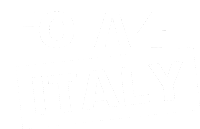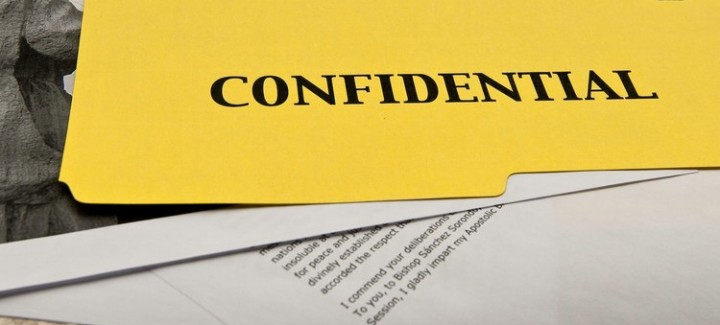On 27 January two newspapers (Il Fatto Quotidiano and Valigia Blu) have published a leaked draft of the legislative decree on transparency and access to information examined last week at the Italian Council of Ministries. During the meeting the Government, as a matter of fact, has given preliminary approval and amended the text but hasn’t yet released the updated text of what was announced as “the Italian Freedom of Information Act”.
While in several occasions the Prime Minister Matteo Renzi and the Ministry of Public Administration Marianna Madia have promised “one of the most innovative legislation on transparency”, a first analysis of the draft shows that the “Italian FOIA” does not live up to expectations.
The decree does not overcome the rigid limitations set by the law 241/1990 requiring requesters to motivate their interest in information held by the State. Instead, the new text reforms the civic access introduced by the Transparency Decree 33/2013. This is more straightforward kind of access, allowing citizens to swiftly request documents that public bodies publish proactively. The new text extends civic access to “every kind of documents”.
However, in our opinion the reformed civic access will not guarantee a broad access to documents as it expands public officers possibility for refusing access.
More specifically the handicaps of the new draft are:
– lack of sanctions for public bodies that illegitimately refuse to disclose documents or do not reply to requests (administrative silence);
– appealing after first refusal remains a long and expensive process as it is possible only through administrative justice;
– several exceptions are too broad;
– the decree does not state that access to electronic documents is always free of charges;
– costs (e.g. for reproduction or shipping) are not clearly defined;
Before the final approval, the FOI decree will face other steps, including the reviews by the Council of State (“Consiglio di Stato”), the “Conferenza stato-Regioni” and Parliamentary commissions: however these authorities can only issue non binding advices and observations.
Foia4Italy stresses that if the text will not be modified, Italy will waste another occasion to become a more transparent country. Italy is currently ranked 97th out of 103 in the RTI Rating and, as showed by the new Corruption Perception Index published by Transparency International, it is perceived as the second most corrupted country in the EU after Bulgaria.
We ask Prime Minister Matteo Renzi to change the decree so that it can improve transparency and democratic participation.
FOIA4Italy also ask the Parliament to address these faults and support a reform of the text that guarantees the full right of access to documents.

